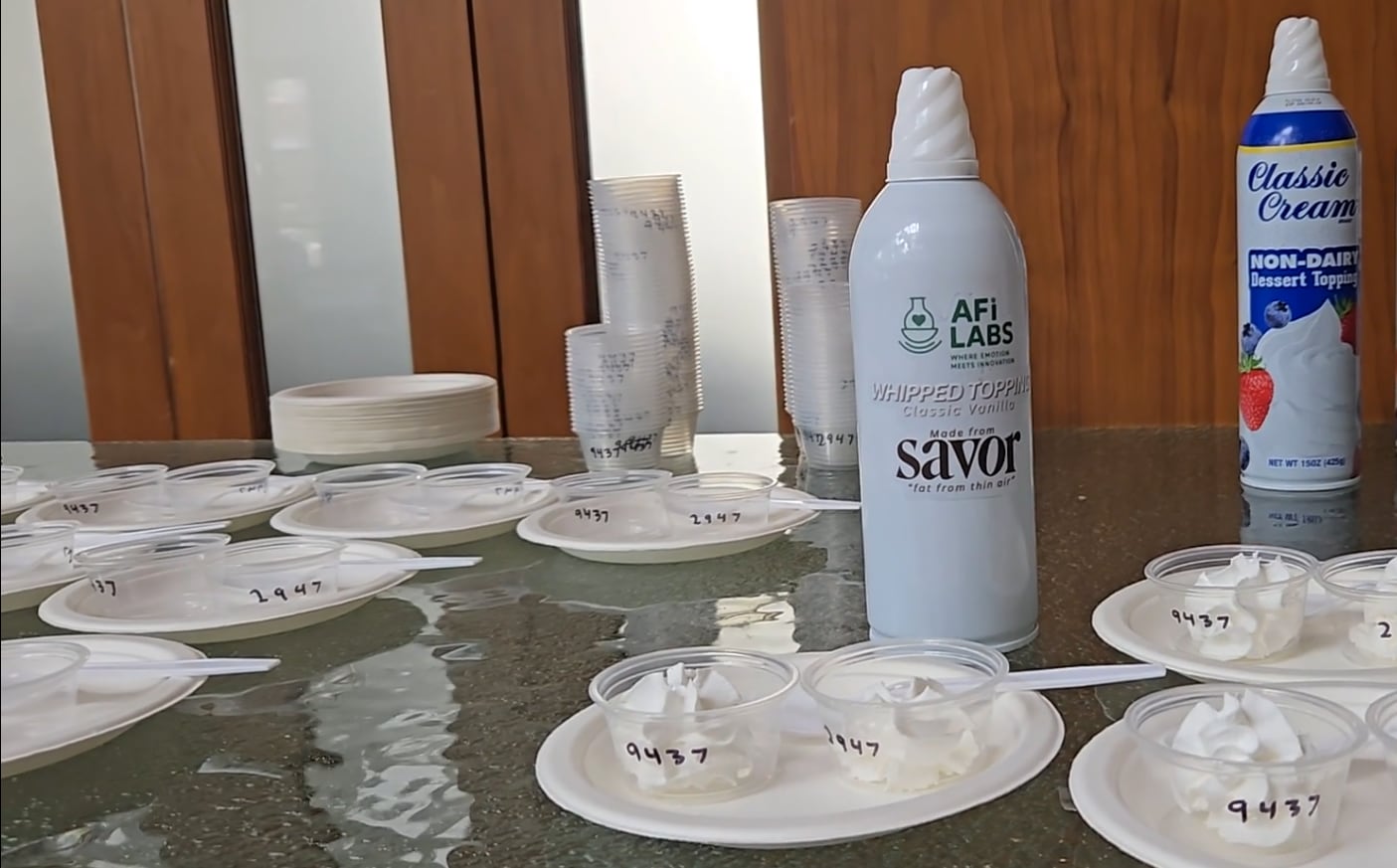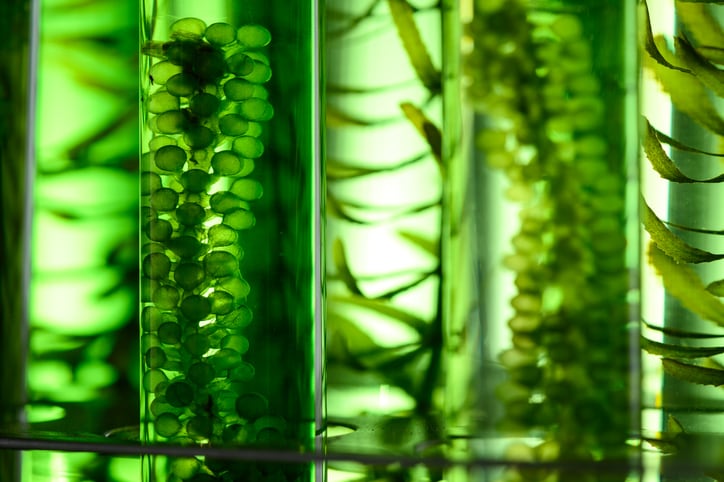By combining precision fermentation, AI and the ‘first digital Neobank of Yeasts,’ Techbio startup SMEY is unlocking a new era of clean-label, climate smart fats and oils made without animals or resource-intensive tropical agriculture, allowing manufacturers to innovate products that modern consumers want while also skipping conventional supply chain challenges and price volatility.
As a French-German based startup, Smey’s founder Viktor Sartakov-Korzhov says he knows how important high-quality fats and oils are for delivering the taste, texture and function that consumers and chefs expect in food.
“We use a lot of butter and different oils to cook in France and Germany. And we know they are not just a resource of energy. It is about the taste and the real flavor,” which is why the quality cannot be compromised, he said.
At the same time, he added, demand for some of the most popular fats – like cocoa butter – are outpacing supply, while regulatory pressures, including the European Union’s Deforestation Regulation, are limiting access to alternatives, like palm. On top of access constraints, he said, volatile pricing is wreaking havoc with food producers’ margins and ability to produce.
In response, some industry stakeholders seek alternatives, including those made via fermentation and cultivation. But perfecting designer fats and scaling production with these methods can take years – time that some companies do not have to spare.
Enter Smey’s neobank of yeasts, which Sartakov-Korzhov described as the world’s first digital databank of yeast fatty acid profiles. When combined with Smey’s proprietary AI, the neobank of yeasts can help develop the next generation of fats and oils in a fraction of the time needed to modify yeast to produce a specific oil via fermentation using conventional genetic engineering, Sartakov-Korzhov explained.
“The neobank of yeasts, or NOY as we call it, is a digital library of strains. It hosts more than 1,000 special yeasts with their genomic and fatty acid components for its oils” and includes strains from collections around the world, said Sartakov-Korzhov.
The company then uses its proprietary AI to select the strain best suited to create a fat or oil to a food manufacturer’s specification – a process that would take up to two years using genetic engineering but which Smey can do in weeks.
“We are very fast. In one week, I can understand what potential strains can help me produce the right fatty acid profile,” Sartakov-Korzhov said.
Cultivated cocoa underscores NOY’s potential
To demonstrate the potential of its Neobank of Yeasts, or NOY, SMEY created a cultivated cocoa butter with 35% stearic acid that it says functions the same as traditional cocoa butter in food, but which bypasses many of the challenges currently facing cacao.
For example, because it is made with precision fermentation it can be produced anywhere, skirting the threat of inflation due to tariffs, and in amounts that are not weather-dependent, reducing exposure to climate change.
SMEY is building its dossier to determine its cocoa butter is Generally Recognized As Safe for use in the US, and estimates a greenlight from FDA in 2026.
In the meantime, it is exploring what other fats and oils it can create using NOY combined with AI and precision fermentation.
“We believe that the companies working in food and beverage on confectionery are looking not just for one replacement. They want to see an assortment of oils,” and by offering them a portfolio of customizable solutions Smey can be a convenient partner in innovation, Sartakov-Korzhov said.
In addition to the cocoa butter, Smey currently offers an oil for cosmetics, but plans to present 10 more oils that are customizable for food within the year – starting with high value firm fats that are rare in nature but can be made with biotech, he added.
“When we speak about oils and fats, we talk about functionality – not just colors or odorless or fatty acid profiles, but its real functionality,” he said.
While Sartakov-Korzhov leads with the function and price of the fats and oils Smey can create, he said they also are more sustainable to produce than their counterparts found in nature, which is an added benefit for companies looking to reduce their emissions or appeal to conscious consumers.



